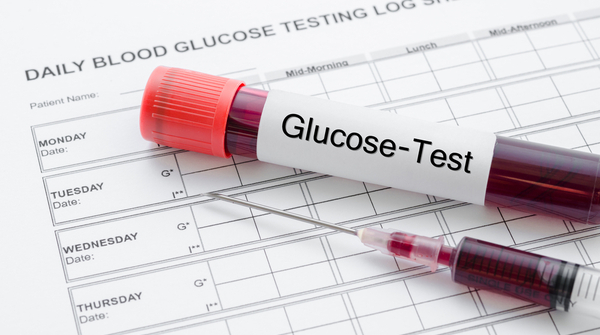Diabetes is a chronic disease that affects millions of people around the world. According to the Centers for Disease Control and Prevention (CDC), nearly 1 in every 10 Americans have diabetes; that’s 37.3 million Americans. A diabetes diagnosis can significantly impact your lifestyle, from what you eat and drink to how you exercise and manage your health. Let’s take a closer look at the symptoms of diabetes and how a diagnosis may alter your lifestyle.
Hydration
One of the most common symptoms of diabetes is increased thirst and urination. This occurs because the body cannot effectively use the glucose in the bloodstream, causing it to build up and spill into the urine. To manage this symptom, people with diabetes must drink plenty of fluids to stay hydrated. However, they must also avoid sugary drinks like soda and juice, which can cause their blood sugar levels to spike.
Blood Sugar Monitoring
Another important aspect of managing diabetes is monitoring blood sugar levels regularly. People with diabetes must use a glucometer to check their blood sugar levels several times daily. This helps them adjust their insulin doses and food intake to keep their blood sugar levels within a healthy range. They must also keep track of their blood sugar levels before and after meals, as well as before and after exercise.
Insulin Therapy
For people with type 1 diabetes, insulin therapy is essential to manage their condition. Insulin is a hormone that helps regulate blood sugar levels by allowing glucose to enter the body’s cells to be used for energy. People with type 1 diabetes do not produce insulin, so they must inject it or use an insulin pump to deliver it continuously. An insulin pump is a small device attached to the body and delivers insulin through a catheter inserted under the skin.
An insulin pump can provide greater flexibility and control over insulin delivery than injections. It can deliver insulin continuously or in small increments, depending on the individual’s needs. This can be especially beneficial for people with difficulty managing their blood sugar levels with injections. However, using an insulin pump requires careful monitoring and adjustment to ensure that the correct amount of insulin is delivered at the right time. Tandem Diabetes, a leader in diabetes management and insulin pump technology, is an excellent resource for anyone with diabetes. Tandem Diabetes offers automatic insulin pumps that can connect to apps on your phone for easy blood sugar monitoring, insulin release, and automatic dosage adjustments based on real-time data. Managing insulin therapy can be easy with the right tools and team to support you; visit Tandem Diabetes today to learn more about their resources.
Diet and Exercise
In addition to insulin therapy, people with diabetes must also manage their diet and exercise regimen. A healthy diet for people with diabetes should be low in sugar and carbohydrates and high in protein, fiber, and healthy fats. They should also eat small, frequent meals throughout the day to help maintain stable blood sugar levels.
Exercise is also crucial for people with diabetes, as it can help lower blood sugar levels and improve overall health. However, they must take precautions to avoid low blood sugar levels during and after exercise. This may involve checking blood sugar levels before and after exercise and adjusting insulin and food intake accordingly.
Learn All You Can
Living with diabetes can be challenging, but many resources and support systems are available to help people manage their condition. Diabetes education programs can provide valuable information on managing blood sugar levels, insulin therapy, diet, and exercise. Support groups and online communities can also offer emotional support and practical advice from others living with diabetes.
Managing diabetes requires a holistic approach that addresses all aspects of a person’s lifestyle. This includes monitoring blood sugar levels regularly, managing diet and exercise, and using insulin therapy if necessary. By taking these steps, people with diabetes can live healthy and fulfilling lives despite their condition.
A diabetes diagnosis can significantly impact a person’s lifestyle, from what they eat and drink to how they manage their health. Insulin therapy, whether through injections or an insulin pump, is essential for people with type 1 diabetes to manage their condition. Regular blood sugar monitoring, a healthy diet, and exercise are also crucial for managing diabetes. Despite the challenges of living with diabetes, many resources and support systems are available to help people manage their condition and live healthy, fulfilling lives.





Be First to Comment